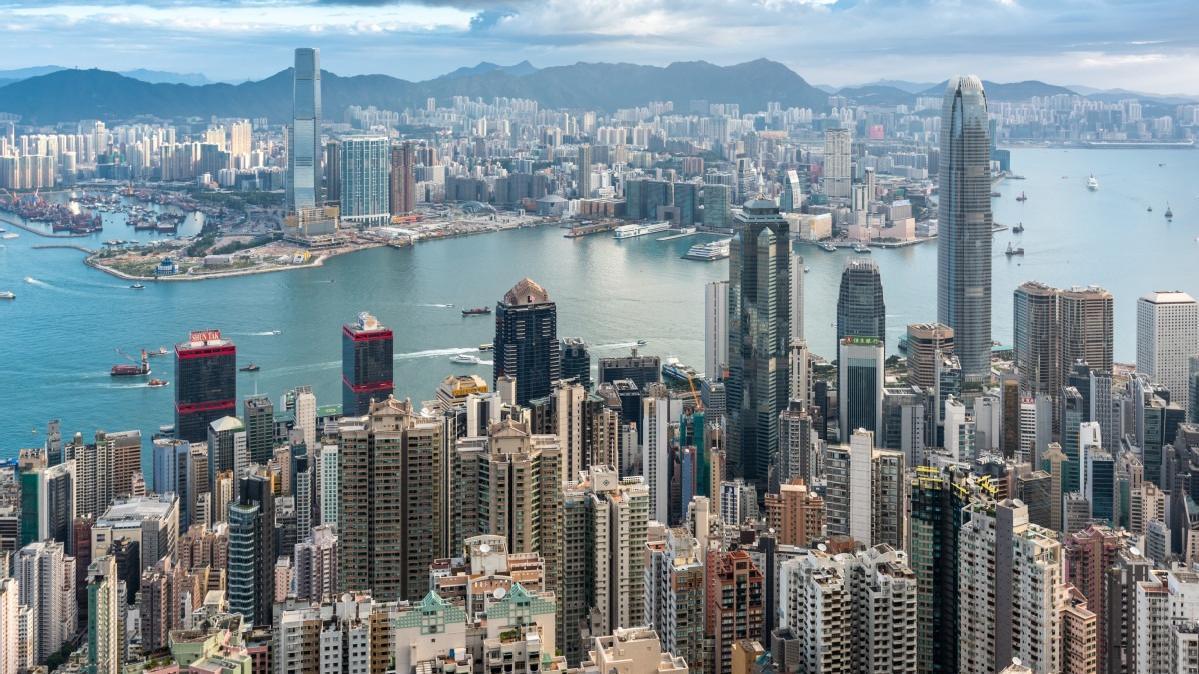
Business conditions in Hong Kong’s private sector have shown some signs of improvement, with new orders and output declining at a slower rate, according to S&P Global.
The S&P Global Hong Kong SAR Purchasing Managers’ Index (PMI), which was released on Wednesday, posted 49.4 in August, 0.1 point down from July’s figure, marking the fourth consecutive month below the 50 mark. The rate of decline was on par with that of the previous three months.
A reading above 50 indicates expansion, while one of below 50 indicates contraction.
READ MORE: Survey shows pay trends for HK private sector employees
Although business activity in Hong Kong’s private sector continued to show a downturn in August, the rates of contraction for both new orders and output eased, the report showed.
Moreover, new business from the Chinese mainland and overseas reversed the downward trend, with the latter rising for the first time since October.
“The August PMI data showed that business conditions remained relatively subdued in the Hong Kong Special Administrative Region’s private sector,” said Jingyi Pan, economics associate director at S&P Global Market Intelligence.
However, “signs of a turnaround are starting to show with the downturn in new orders easing for a second successive month, while improving tourism activity supported a rise in export business for the first time in 10 months”.
Despite the business sentiment, purchasing and employment levels remained depressed in August; a renewed rise in overall new business inflows will provide support for growth toward the end of the year, Pan said.
READ MORE: Hong Kong's private sector conditions improve in March
DBS Bank economist Samuel Tse said the economy or the asset market may not show an immediate significant rebound even if the US Federal Reserve cuts interest rates in September as expected, because the cumulative rate of reduction this year may only be 50 basis points.
He believes the negative wealth effect in the asset market will only improve when the Fed reduces interest rates by 1 percent or more, and that could happen early next year.
The PMI performance in Hong Kong in the next few months will depend on the mainland economy, he said. With the mainland likely to launch more stimulus measures to boost its economy, it is expected that Hong Kong’s PMI will return to expansion by the end of the year, he added.
Contact the writers at sally@chinadailyhk.com, thor_wu@chinadailyhk.com


